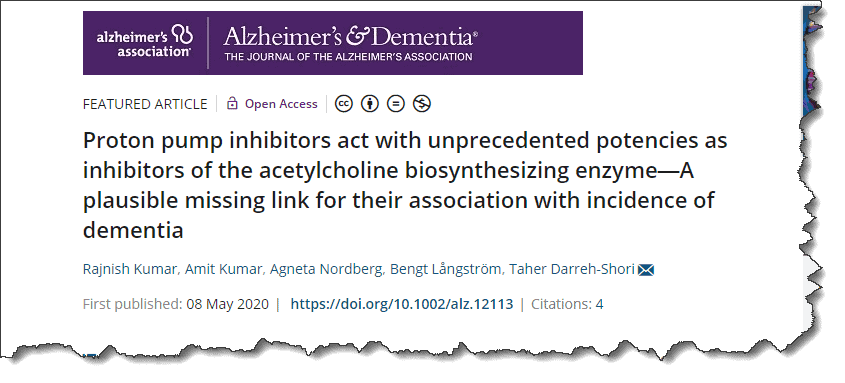
These 5 errors hurt your pleasure levels during sex — but I’ve got a way around that…

Unsubscribe | Report as spam | Change email preferences
—-Important Message—-
There are 5 everyday errors men are making — that are shrinking their load sizes…
And if you’re wondering why load size even matters, I’ll tell you why…
I’ve recently discovered a strange link between a man’s load size and how much pleasure he feels during orgasm…
The National Institute for Endocrinology published these striking findings — showing that the smaller a man’s load size, the less pleasure he feels:

And it checks out because what most guys don’t realize is that when we feel those incredibly good feelings during climax…
…it’s actually caused by contractions that are forcing fluid out of our members…
So if you don’t have a lot of fluid to pump out of your member, you’re not going to be feeling very much for very long…
Makes sense, right. So how do you get bigger loads?
Well here’s what I’m doing… and it includes avoiding these 5 errors that lower a man’s load sizes…
———-
This is the 1 kind of treatment I will never ever use
You can buy PPIs (proton pump inhibitors) over the counter in any pharmacy and other types are available by Rx.
These are treatments that are used primarily to treat acid reflux, and include brands like Prilosec and Nexium.
People rely on these treatments, and they can be difficult to get off of because of “bounce-back” effects.
But… There are big problems with these treatments, and the news keeps getting worse!

I’m sure Big Pharma doesn’t want this publicized because they make a lot of money on PPI treatments.
However, there have been several studies that link PPIs to a SIGNIFICANT increase in the risk of dementia.
Side note: I’m not telling you to go off of treatments that your doctor has recommended or ordered.
I’m giving you this information so that you can work with your doctor to make the decision that’s right for you.
Several pharmacoepidemiological studies indicate that proton pump inhibitors (PPIs) significantly increase the risk of dementia.
A Swedish study published in 2020 shows what the reason might be for this correlation between dementia and PPIs.
This report shows compelling evidence that PPIs act as inhibitors of ChAT, with high selectivity and unprecedented potencies that lie far below their in vivo plasma and brain concentrations.
These treatments inhibit something called ChAT, the core-cholinergic enzyme, choline acetyltransferase.
This activity causes cholinergic dysfunction – which puts people at higher risk for dementia!
Given that accumulating evidence points to cholinergic dysfunction as a driving force of major dementia disorders, our findings mechanistically explain how prolonged use of PPIs may increase incidence of dementia.
The cholinergic system is something that most people don’t know about, but that is a huge deal in how the body regulates itself.
The cholinergic system is one of the oldest and the most widely spread neuronal and non-neuronal signaling systems in the body, and in an evolutionary perspective has acquired regulatory functions in diverse biological processes and organs.
Messing with the cholinergic system in any major way is never a good idea.
And a 2022 shows the data that if you’ve EVER used PPIs in the past, even if it was for a short time…
…you could have an increased risk of Alzeihmer’s disease.
Prior PPI use, regardless of current or past use, duration of use, or use of 1st- or 2nd-generation PPIs, may increase risk of AD, providing supportive evidence of previous pharmacoepidemiologic studies.
This is rough stuff for treatments that are widely considered “safe” by Big Pharma companies.
Add to that a higher risk of type 2 diabetes that’s associated with the use of PPIs…
…and you have a one-two punch that could cause serious long term health issues from taking these treatments!
Regular use of PPIs was associated with a higher risk of type 2 diabetes and the risk increased with longer duration of use. Physicians should therefore exercise caution when ‘ordering’ PPIs, particularly for long-term use.
Personally, I would never take a PPI.
There are much better ways to handle acid reflux.
In my opinion, these treatments have too many nasty long term side effects to be something that I’d want to put in my own body.
But you have to make your own decisions!
—-Important Message About Protecting the Gut—-
This patches up a leaky gut while cleaning out toxins from the ENTIRE body (even the penis)
I’ve found a way to fix the gut that gives erections a big boost.
It works by scrubbing the body of endotoxins.
Endotoxins are all the bacteria, viruses, and fungi swimming around in our gut that leaks out into the body when you have a leaky gut.
These endotoxins travel all over and infect other organs, even the penis.
So if you get rid of these endotoxins, the whole body benefits, not just the gut.
And libido and erections are two of the biggest benefactors when you clean out the gut this way…
———-

